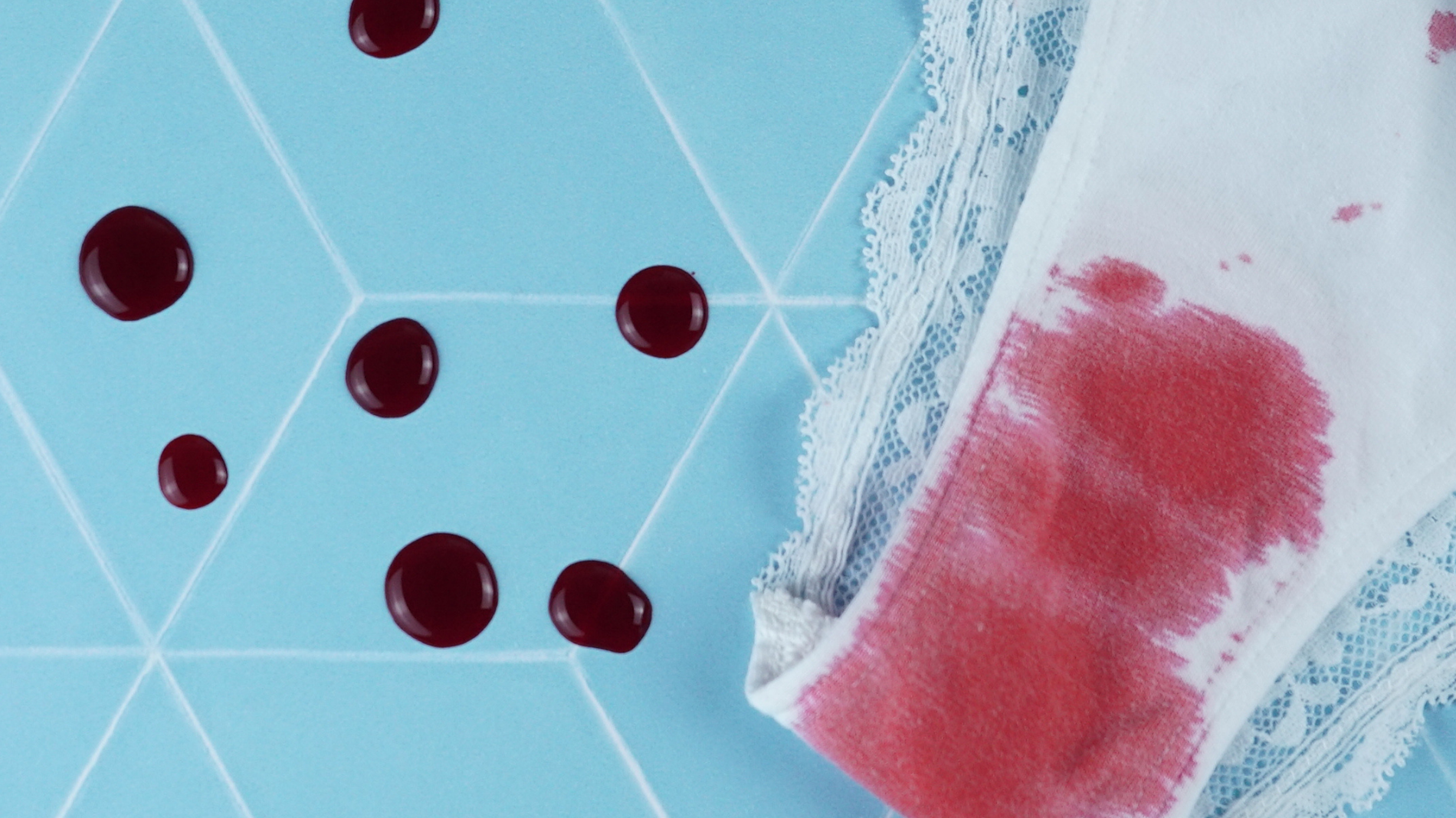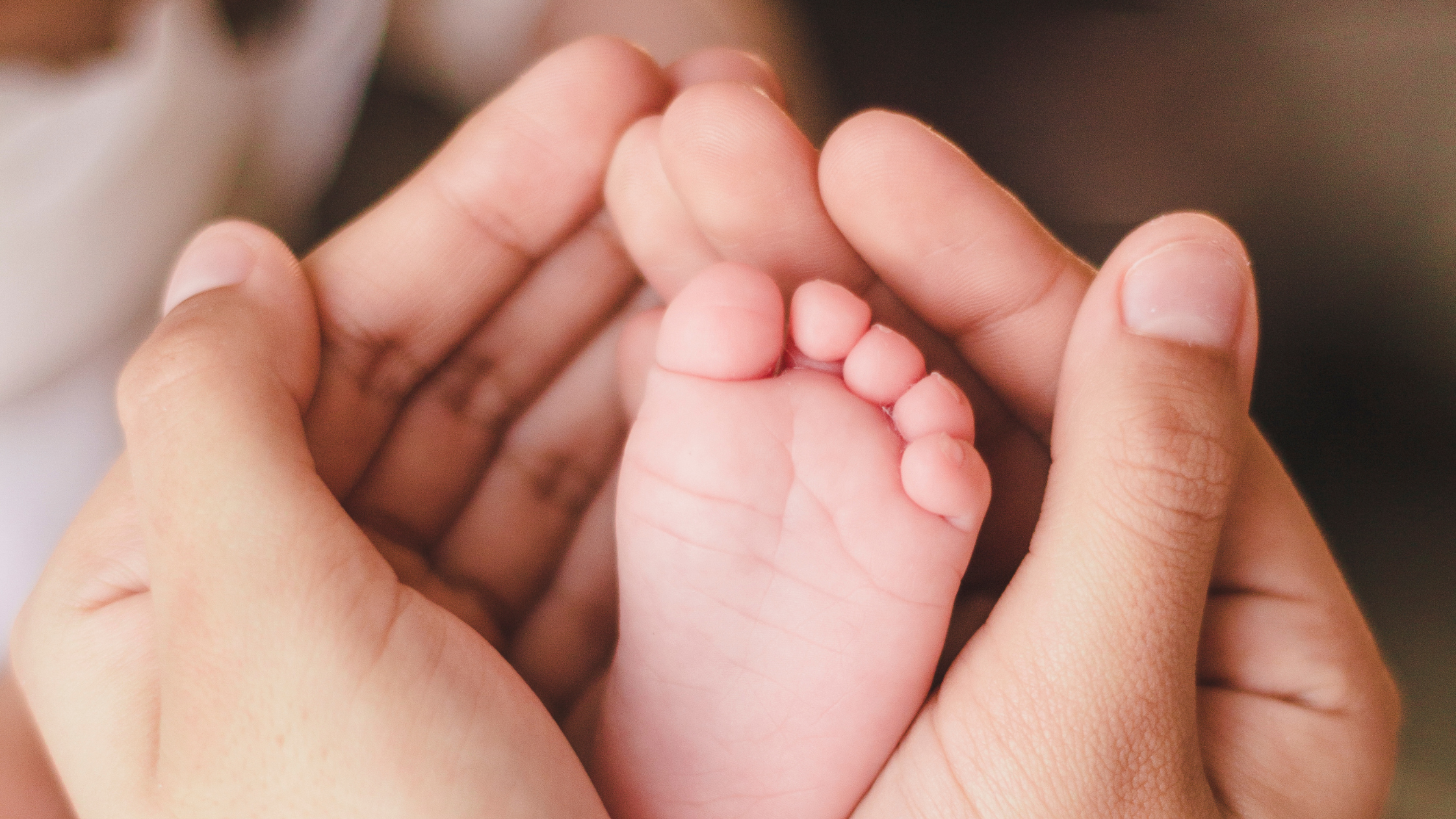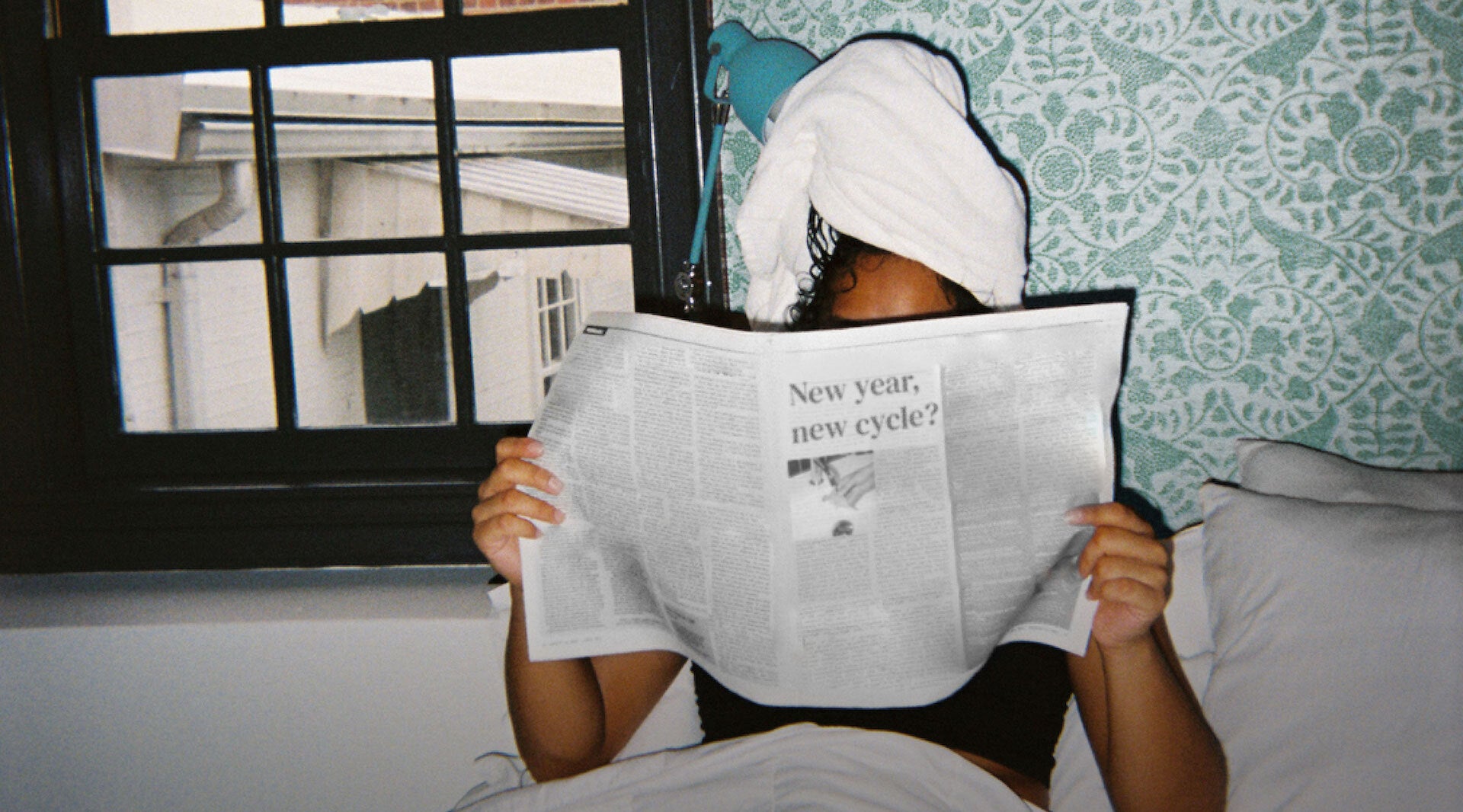We've all been there. We're on our period, just like every other month, and suddenly we start to notice some clumps in our period flow. Is that normal? Do I need to be worried? You’ll have all sorts of questions going through your mind at that time. And we don’t blame you. It can be quite terrifying to see clumps of thick blood in your underwear.
So in this blog post, we'll take a look at what might be causing your blood clots during your period and whether or not you should be concerned. Next time they happen, you can rest assured that you're prepared with the information and knowledge to handle it confidently.
So, what exactly are blood clots during periods?
As a part of the body's defence mechanism, blood clots are a naturally occurring phenomenon in the body. A menstrual clot is characterised by its clumpy, gel-like texture, which prevents too much blood from escaping during the menstrual cycle.
In general, menstrual clots are more likely to occur during heavy period flows, which are usually during the first two days of the cycle. Blood clots can vary in appearance based on each individual. In most cases, they are either bright red in colour or a deeper shade of red that looks almost black.
What causes blood clots during periods?
One potential cause of blood clots is simply the shedding of the uterine lining, which happens during your periods. As the lining sheds, it can come away in clumps, which can look like clots. This is perfectly normal and nothing to be concerned about.
Another potential cause of blood clots during your period is low estrogen levels. Estrogen is a hormone that helps to thin the uterine lining. When estrogen levels are low, the lining is thicker and can shed larger clumps. This is also nothing to be concerned about and is perfectly normal.
Do I need to be worried about seeing blood clots on my periods?
Small blood clots in your periods aren’t dangerous. However, a continuous flow of large blood clots during your period may indicate that you have a medical condition that should be consulted with a doctor.
Period flows are considered very heavy if you have to change your tampon or menstrual pad every 2 hours or less or have to empty your menstrual cup more frequently. You should also seek immediate medical attention if you are passing clots and you think you could be pregnant at the same time. As this could be a sign of miscarriage.
Signs of normal clots
- Smaller than a 5-pence piece.
- You only notice them sometimes. Usually, at the beginning of your cycle.
- The blood clots look bright red or dark red.
- Only occur occasionally, usually toward the beginning of your menstrual cycle.
Signs of abnormal clots
Blood clots are usually a normal part of your menstrual flow but can cause some unpleasant symptoms like pain and heavy bleeding. They may also be related to fibroids and fibrocystic disease, or it could mean that you have a condition called endometrial hyperplasia.
Endometrial hyperplasia happens when your uterus grows too much lining, which then sheds during your period. The bleeding may be heavier than usual or change from a normal period flow to a slower and sometimes heavier flow.
Ways to manage the symptoms of heavy menstrual periods
There is no doubt that heavy period flows can affect your daily life in many ways. Not only can they cause cramps and fatigue, but they can also make it difficult to do normal activities, such as being physically active, swimming, or taking part in other entertainment activities.
Tips for coping with heavy period flow
- Over-the-counter medications (Always speak to your doctor or pharmacist beforehand)
- During your heaviest flow days, wear a tampon, menstrual cup, or even period pants, as they are more absorbent than pads.
- Always carry extra period care with you in case you need to change when you are out and about.
- Keep yourself hydrated and eat a healthy diet. It can be physically exhausting to experience heavy bleeding, so you should drink plenty of water and consume iron-rich foods.
Best period care for heavy flow days,
And the award goes to…. our reusable period pants. Period pants are definitely the preferred option when it comes to heavier flow days, as they are super comfy and have the power to absorb 10 tampons. You can wear them for up to 10 hours, so you don’t need to worry about having to change them so frequently as pads.
If you are seeing blood clots in your periods or simply have a heavier flow day, period cups during the day and pants at night are the best choice.
If you're still concerned about blood clots during your period, the best thing to do is to talk to your doctor. They can help to determine if there is any underlying cause for concern and can offer guidance on how to best manage your symptoms.






